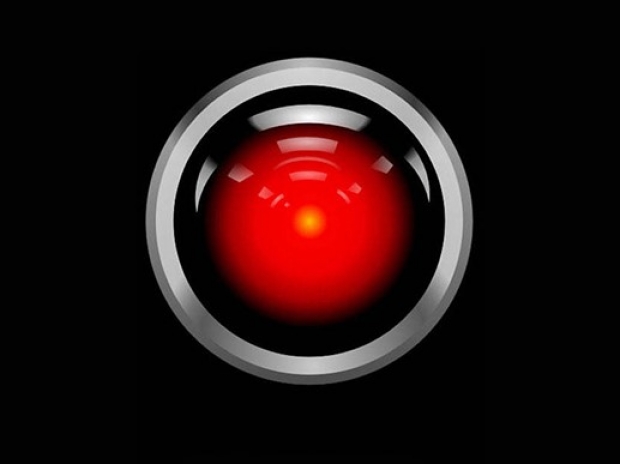And the trends include "hyper-automation" -- applying advanced technologies like AI and machine learning to tasks "that once required humans," combining robotic process automation with intelligent business management software to provide "real-time, continuous intelligence about the organisation...with a goal of increasingly AI-driven decision making."
They predict "autonomous things" including drones, appliances, robots, and even ships, sometimes working in collaborative swarms, that "exploit AI to perform tasks usually done by humans".
Trend #6 is "the empowered edge" where IoT devices become the foundation for "smart spaces" that move services and applications closer to where they're used, creating a world of smart buildings and city spaces.
The analysts predict a movement from centralised public clouds to distributed public clouds which allow data centres to be located anywhere. They say this will solve technical issues like latency and regulatory challenges like data sovereignty.
Trend #10 looks at the possibility of AI-enhanced security solutions -- and AI-powered security threats -- as well as the need to provide security for our new AI-powered systems. Gartner sees a trend that "replaces technology-literate people with people-literate technology" providing sophisticated "multi experiences" though "multisensory and multi-touchpoint interfaces like wearables and advanced computer sensors".
They even predict "fully-scalable" blockchain by 2023, while also predicting its impact on the economy will be felt through integrations with "complementary technologies" like AI and IoT. This could lead to technology where a car can negotiate insurance prices directly with the insurance company based on data gathered by its sensors.
Trend #3 is "Democratisation of technology" (or "citizen access"), a prediction which includes "AI-driven development" of data science models for automated testing.
Trend #5 is transparency and traceability. Gartner said the evolution of technology was creating a trust crisis. As consumers become more aware of how their data is being collected and used, organisations are also recognising the increasing liability of storing and gathering the data. Additionally, AI and ML are increasingly used to make decisions in place of humans, evolving the trust crisis and driving the need for ideas like explainable AI and AI governance.
This trend requires a focus on six key elements of trust: Ethics, integrity, openness, accountability, competence and consistency.
Trend #4 predicts humans will merge with technology with boffins augmenting the brain to increase memory storage, or implant a chip to decode neural patterns. Exoskeletons became a standard uniform for autoworkers, enabling them to lift superhuman weights, the report said.




